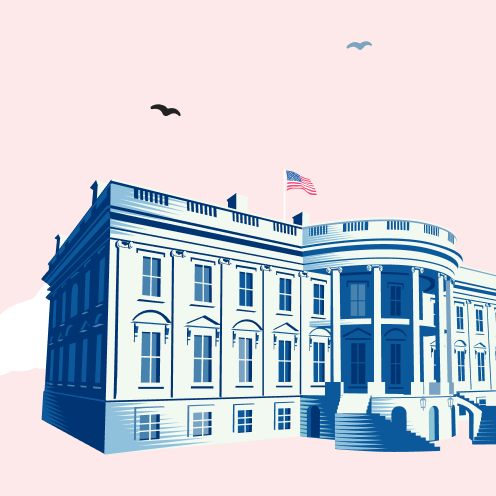Sign up for the daily Inside Washington email for exclusive US coverage and analysis sent to your inbox
Get our free Inside Washington email
Get our free Inside Washington email

### Mahmoud Khalil’s Legal Battle: An Overview
Mahmoud Khalil, a recent graduate of Columbia University, is making headlines for his bold claim against the Trump administration, seeking a staggering $20 million in damages. This move comes after he spent over 100 days in an immigration detention center due to his involvement in campus protests against Israel’s military actions in Gaza.
### Context of the Detention
Khalil’s case is not only a legal battle but also a deeply personal one. He faced immigration detention for more than three months in Louisiana, missing significant life events such as the birth of his son and his graduation ceremony. His experience in detention has reportedly led to severe emotional distress and economic hardship, undermining his First and Fifth Amendment rights.
### Allegations of Retaliation
A court filing indicates that Khalil’s detention may not have been a standard procedure but rather a targeted action by government officials aimed at intimidating him and deterring activism among pro-Palestinian student groups. His legal team asserts that this was a case of “malicious prosecution and abuse of process,” highlighting the need for accountability in the face of what they describe as political retaliation.
### Seeking Justice and Support
Khalil is adamant about his fight for justice, stating he won’t relent until he holds accountable those who were involved in his unlawful detention, including officials at Columbia University. In addition to the monetary damages, he expressed a willingness to accept an official apology and a retraction of the government’s policy that he and his lawyers deem unconstitutional. He aims to use any awarded funds to support other students who have faced similar targeting.
### Legal Charges and Government Response
The complaint targets several government bodies, including the State Department, Homeland Security, and Immigration and Customs Enforcement (ICE). It accuses them of false arrest and imprisonment, along with emotional distress due to their actions. Interestingly, while authorities acknowledge Khalil did not commit any actual crime, Secretary of State Marco Rubio defended the detention by referencing obscure laws that supposedly justify such actions due to foreign policy interests.
### The Broader Impact
Khalil’s case raises significant questions about the intersection of free speech, activism, and government overreach. His attorneys argue that the allegations against him—particularly that he engaged in antisemitic activities—are unfounded and a misrepresentation of political dissent. The situation illustrates a growing concern about how criticism of U.S. foreign policy can lead to governmental retaliation against dissenters.
### Ongoing Legal Proceedings
Currently, the legal battle is far from over. A federal judge ordered Khalil’s release from ICE on June 20, but the threats of continued legal challenges loom over him. His attorneys have amended their claims, maintaining that the administration’s accusations are retaliatory and infringe upon his constitutional rights.
### Khalil’s Personal Struggle
The mental and emotional toll of being falsely accused and detained has manifested in Khalil’s anxiety and concerns about the future, not just for himself but for other similarly targeted individuals. He emphasizes the weight of responsibility he feels to continue advocating for justice, despite the risks involved.
Khalil’s story is not just about his personal struggle; it serves as a cautionary tale about the potential ramifications of political dissent in today’s climate. His ongoing fight against the governmental policies that seek to inhibit free expression highlights the importance of standing up for rights that many take for granted.


